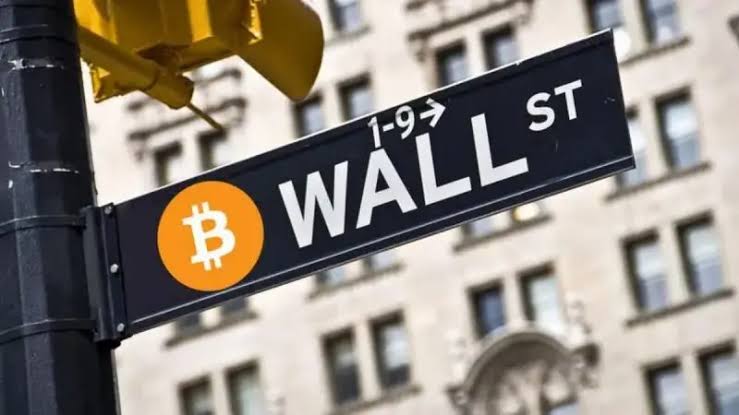Major banks, including JPMorgan and Goldman Sachs, have now adopted cryptocurrency tokenization, which Wall Street previously rejected.
Cryptocurrencies, which Wall Street initially rejected, are now embraced by major banks and financial institutions. Wall Street’s perspective has drastically changed over the past decade and a half, as it has come to recognize the potential of cryptocurrencies not only as speculative investments but also for their foundational technology, blockchain. This shift in perspective was despite initial resistance.
Blockchain’s capacity to tokenize tangible assets, including stocks, bonds, and art, is significant in this transformation. Digital tokens that can be traded quickly and inexpensively are created through tokenizing these assets. For financial institutions, the appeal is in the cost-effectiveness and speed, which have the potential to revolutionize asset trading by making it more accessible and efficient.
Almost any asset could be tokenized, in addition to stocks and bonds. There is potential for digital tokens to represent a wide range of items, including exclusive club memberships, luxury goods, and houses and golf courses. It is important to note that high-value collectibles, such as rare sneakers and art, are also being tokenized, which offers a secure method of verifying authenticity in secondary markets.
Expanded Access and Rapid Settlements
Numerous significant players have introduced tokenized products. In March, BlackRock launched its inaugural tokenized mutual fund, valued at more than $500 million, suggesting that the market has responded favorably. The increasing institutional interest in tokenization is evident in that other financial giants, such as Goldman Sachs and JPMorgan Chase, are investigating private blockchain solutions to improve their services.
BlackRock and Franklin Templeton are at the forefront of developing government securities funds based on blockchain technology. The BUIDL and BENJI tokens, which are their offerings, have collectively amassed nearly $1 billion in assets, indicating substantial market traction.
The infrastructure that is being constructed around these technologies is also indicative of their adoption. Banks like Bank of New York Mellon and State Street are creating services designed explicitly for the tokenized asset market, which underscores the widespread institutional confidence in the technology’s potential.
By 2034, tokenization is expected to surpass $30 trillion
Standard Chartered anticipates that the tokenization market will skyrocket to an astonishing $30 trillion by 2034 from its current $13.2 billion in tokenized assets. Private credit, which accounts for $8.4 billion of the market’s growth, is the primary driver, with US Treasuries following closely behind.
McKinsey anticipates that the market for tokenized assets, exclusive of stablecoins, will surpass $2 trillion by 2030. Their application in various sectors, such as mutual funds, bonds, and alternative investment funds, will be the primary factor driving this growth. The projection indicates a substantial transition to these digital solutions in mainstream finance.
In the interim, Wall Street is characterized by a variety of strategies. Blockchain purists prioritize the expansive potential of public networks, while traditional firms prioritize the security of private blockchains. Nana Murugesan of Matter Labs is a proponent of the latter, predicting that it will be the focal point of future blockchain ventures.
